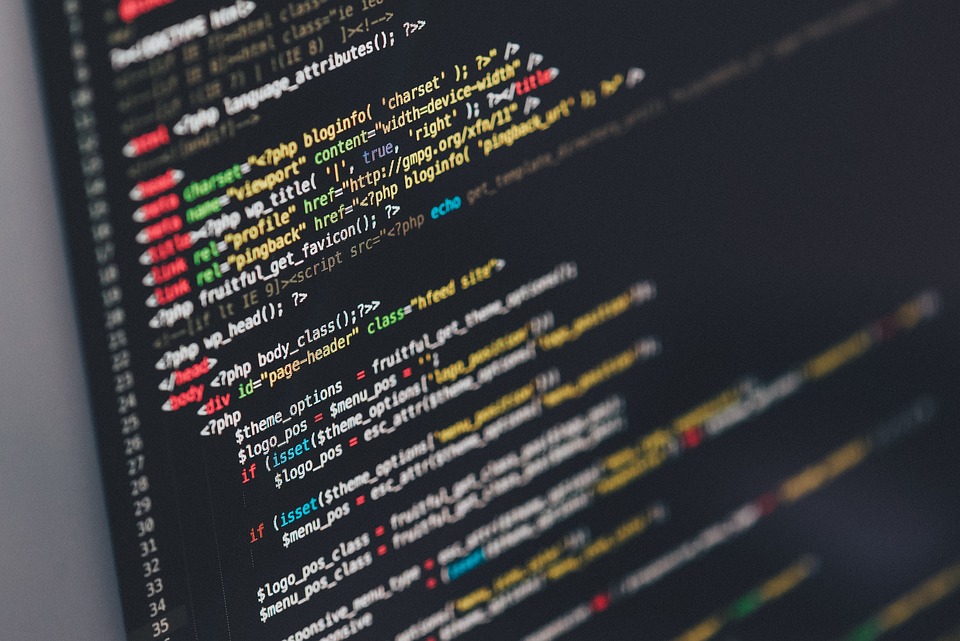Artificial Intelligence (AI) is no longer just a concept from science fiction movies – it’s quickly becoming a game-changer in the healthcare industry. From diagnosing diseases to improving patient care, AI is set to revolutionize the way healthcare is delivered.
One of the biggest challenges in healthcare is making accurate and timely diagnoses. With the help of AI, doctors are able to analyze huge amounts of data, including medical records, laboratory tests, and even genetic information, in order to make more precise diagnoses. This means that patients can receive the right treatment faster, leading to better outcomes and potentially saving lives.
AI is also being used to improve patient care. For example, predictive analytics software can help hospitals prioritize patients based on the severity of their condition, allowing them to provide the best care to those who need it most. Additionally, AI-powered robots are being developed to assist with tasks such as monitoring patients’ vital signs and administering medication, reducing the workload for healthcare professionals and allowing them to focus on more complex cases.
Another area where AI is making a big impact is in personalized medicine. By analyzing a patient’s genetic information and medical history, AI algorithms are able to tailor treatments to an individual’s specific needs. This can lead to more effective treatments with fewer side effects, ultimately improving patient outcomes.
One of the most exciting applications of AI in healthcare is in medical imaging. AI-powered algorithms are able to analyze medical images, such as X-rays and MRI scans, with incredible accuracy. This can help doctors detect diseases such as cancer at an earlier stage, when treatment is more likely to be successful. AI can also help radiologists prioritize cases based on the urgency of the patient’s condition, ensuring that those in need of immediate attention are seen first.
Despite all of the benefits that AI brings to healthcare, there are also some challenges that need to be addressed. One of the biggest concerns is the potential for bias in AI algorithms. If the data used to train these algorithms is not representative of the population as a whole, then the results may not be accurate for certain groups of people. This could lead to disparities in healthcare outcomes and further exacerbate existing inequalities in the healthcare system.
Another concern is data privacy. With the vast amounts of personal health data being generated and analyzed by AI systems, there is a risk that this information could be misused or leaked. It’s important for healthcare organizations to prioritize data security and ensure that patient information is protected at all times.
Overall, the potential benefits of AI in healthcare far outweigh the risks. By leveraging the power of AI, healthcare providers can improve patient outcomes, reduce costs, and save lives. As the technology continues to advance, we can expect to see even more innovative applications of AI in healthcare, ultimately transforming the way we receive medical care.
In conclusion, AI is set to revolutionize the healthcare industry in ways we never thought possible. By harnessing the power of AI, we can improve diagnoses, personalize treatments, and enhance patient care. While there are challenges to overcome, the potential benefits of AI in healthcare are too great to ignore. It’s an exciting time to be in the healthcare industry, as we witness the transformative power of AI in action.



